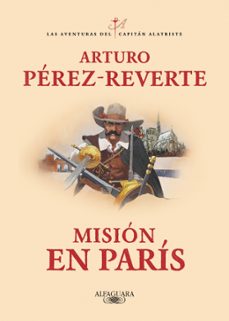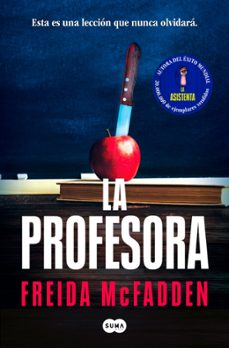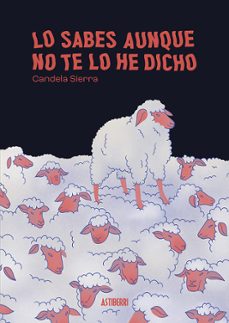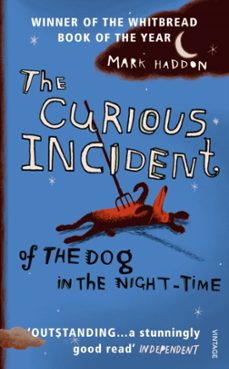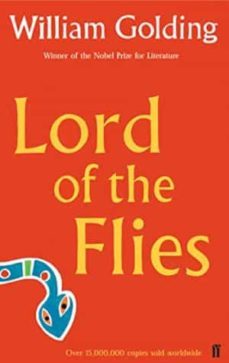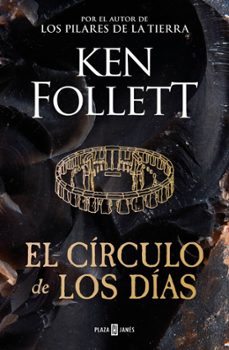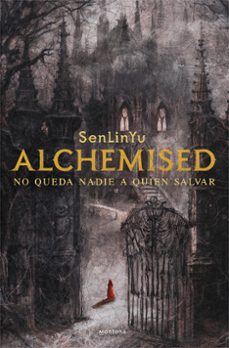AI, SUPERTOYS LAST ALL SUMMER
ORBIT (LITTLE BROWN BOOK GROUP) - 9781841490946
Sinopsis de AI, SUPERTOYS LAST ALL SUMMER
Blame it on taxes. According to SFWA Grand Master Brian Aldiss, that''s the main reason he sold the movie rights to the Pinocchio-android tale "Supertoys Last All Summer Long" to Stanley Kubrick back in 1982. Bound here along with two followup short stories and nine unrelated short pieces from more recent years, "Supertoys" was to be the source material for Kubrick''s last movie. Of course, Kubrick died, and then Steven Spielberg inherited the rights, intending to follow through on Kubrick''s original vision. In fairness, Aldiss has never seen his original story--nor the two pieces added later, "Supertoys When Winter Comes" and "Supertoys in Other Seasons"--as a Pinocchio fable at all. As he recounts in the wry, revealing foreword to this collection, "I could not or would not see the parallels between David, my five-year-old android, and the wooden creature who becomes human.... Never consciously rewrite old fairy stories." But the interpretation of the stubbornly eccentric Kubrick prevailed until Aldiss was "wheeled out of the picture." These three excellent stories occupy just the first 35 pages of this compilation, but they accurately capture one of the great voices of British SF at his prime, with a plaintive, thoughtfully nuanced story about existence and the meaning of being human. The remaining tales range from intriguing to distractingly strident to borderline mawkish, but make no mistake about what''s the main attraction here. In fact, the foreword alone, with Kubrick exposed at his curmudgeonly worst ("[To Aldiss:] You seem to have two modes of writing--brilliant and not so damned good"), makes this a collection worth picking up.
Ficha técnica
Editorial: Orbit (Little Brown Book Group)
ISBN: 9781841490946
Número de páginas: 252
Encuadernación: Tapa blanda
Fecha de lanzamiento: 23/10/2001
Año de edición: 2001
Plaza de edición: Londres
Especificaciones del producto
Escrito por Brian Aldiss
Brian Aldiss (Inglaterra, 1925). Tras combatir en la segunda guerra mundial y viajar por toda Asia, trabajó como librero en Oxford. En 1954 ganó su primer premio literario, concedido por The Observer . Dirigió la revista de ciencia ficción Sf Horizons, que fundó junto con Harry Harrison en 1966; asimismo, fue director literario de The Oxford Mail y corresponsal de The Guardian. En 1978 se hizo cargo del área de ciencia ficción de Penguin Books y pasó a presidir la British Science Fiction Association.
Descubre más sobre Brian Aldiss Recibe novedades de Brian Aldiss directamente en tu email
Opiniones sobre AI, SUPERTOYS LAST ALL SUMMER
¡Sólo por opinar entras en el sorteo mensual de tres tarjetas regalo valoradas en 20€*!




